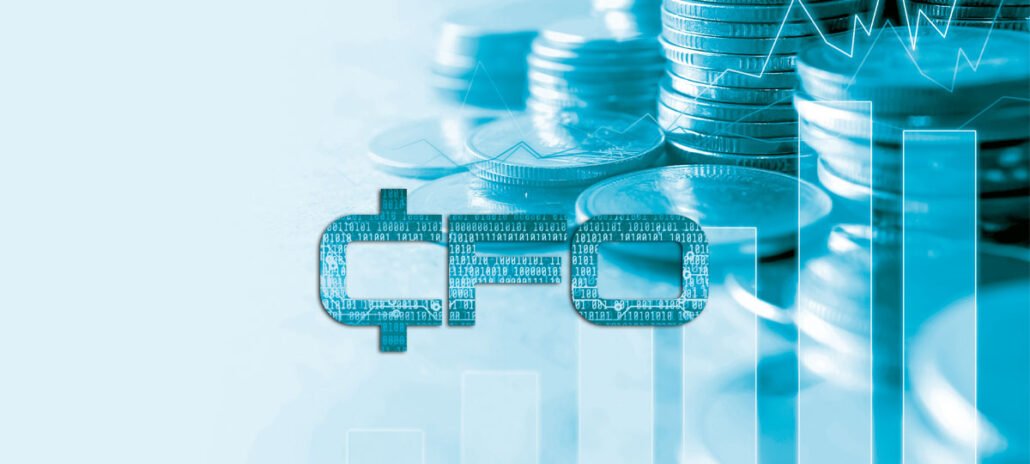Digital transformation needs a modern ERP system


Becoming faster and better was our declared goal when we started digitizing the finance and procurement area at KPMG in Germany just over two years ago.
Under the project name "Finance 2020", we have been working on a solution that will enable us to make data available in real time in the future, automate processes and ultimately build the Digital Core for our company with a new, digital finance system - based on the foundation of compliance and risk management.
In the process, my team and I had a clear desire to spend less time on inventory and documentation in the future, and more time on value-added tasks instead.
Because one thing is very clear: digitization is changing the role of finance and the CFO enormously. Instead of just processing data from the past, the new tools enable us to look into the future. This enables us to provide an outlook on expected business developments - which makes us an even stronger business partner.
In my view, the fact that we addressed which new technologies we would need to achieve our goals at a very early stage of the project has proved to be an absolute success.
These include business intelligence systems, apps and web-based interfaces that offer new opportunities for collaboration and exchange with business partners.
On the other hand, innovative platforms and artificial intelligence, which are used in process automation as well as in future-oriented planning.
Of course, we have also been thinking about initial blockchain ideas to use for intercompany reconciliation, for example.
As the "elephant in the room", the question arose from the very beginning as to whether the digitization of our finance area would also necessitate a switch to a modern legacy system, such as those offered by Microsoft, SAP or Oracle.
Such a change is highly complex, because ultimately all business processes are affected, and it is also extremely time-consuming and cost-intensive. However, it quickly became clear to us that there was no way around this investment, because a digital finance and accounting system requires application and database technology that is ready for the real world.
ERP systems that have been in use for ten or more years cannot offer these functions. The technological advancement of ERP systems, such as SAP S/4 Hana, ultimately involves the merging of controlling and accounting.
This reduces the coordination effort between external and internal reporting enormously and thus enables real-time documentation for the first time. The design of the front-end tools in the new systems has also been adapted accordingly and now offers real added value.
With the help of a modern ERP system, data can be made available on all end devices without first having to load it into a business warehouse.
In addition to real-time capability and new reporting options, however, the standardization of business processes is also a very important aspect of digital transformation. That's why we opted for a greenfield approach to the introduction of our new ERP system as part of Finance 2020.
In concrete terms, this means that we scrutinized all business processes and modified them organizationally in such a way that standardization became possible. In order to secure the know-how about the processes, we used process mining and documentation tools.
Today, our new ERP system based on SAP S/4 Hana forms the heart of Finance 2020 - a Digital Core to which all other systems are connected. At the same time, it is also the foundation for the future implementation of innovative technologies such as robotics, AI, or even blockchain.






